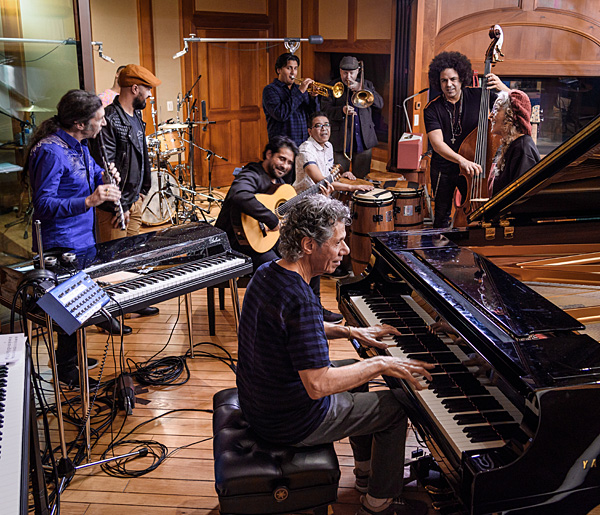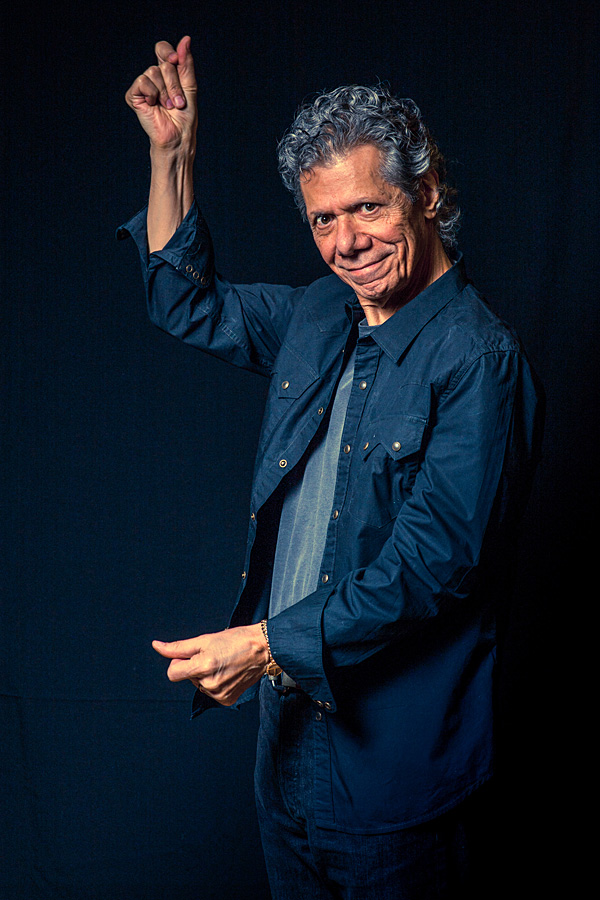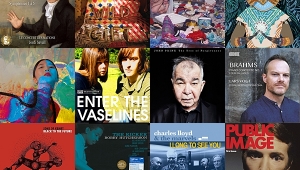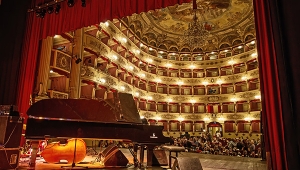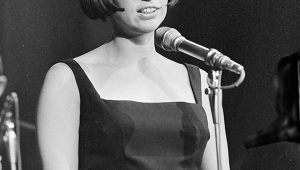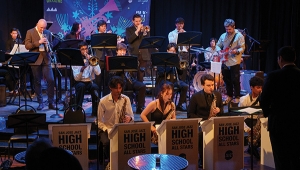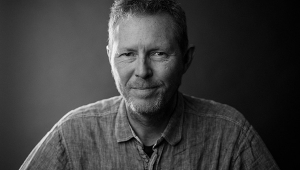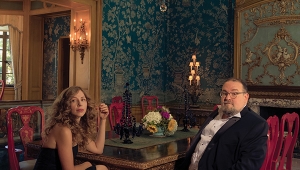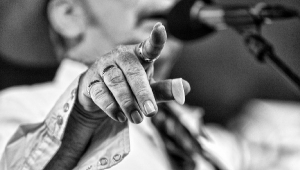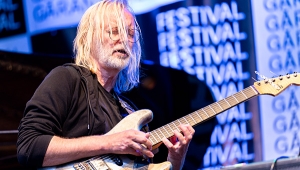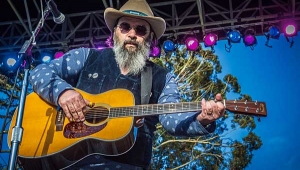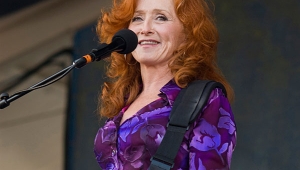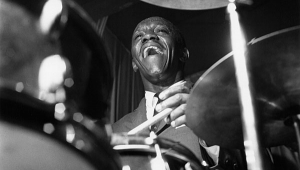| Columns Retired Columns & Blogs |
"Micallef: This is a well-worn question, but why is jazz more popular in Asia, Europe, and the UK than in the US?"
Well worn question? Maybe. Or, maybe the question is just not yet adequately well-answered, good answers not yet well-promulgated.
I am not a social scientist. I would very much like to see some good science applied to that question, and would like to see if there are strong correlations to other trends, if cause/effect relationships can be established. The answers might extend well beyond the simple observations at the root of the question. If approached well, it may be a good subject for master's theses and doctoral dissertation.
I like that you ask the question and provoke the thoughts, regardless that the question may seem well-worn.
